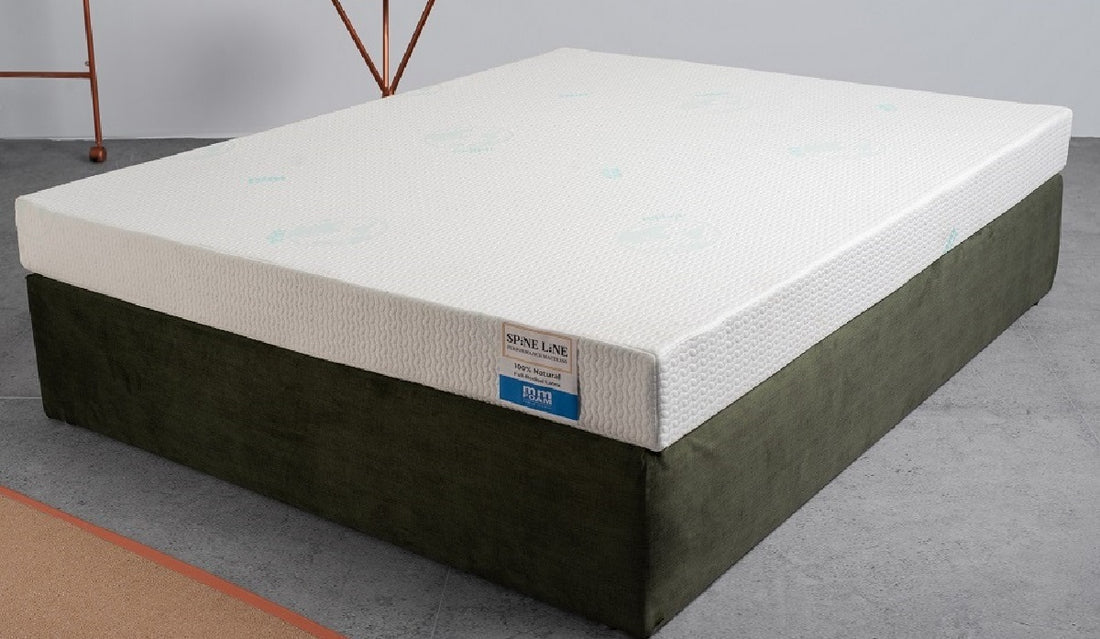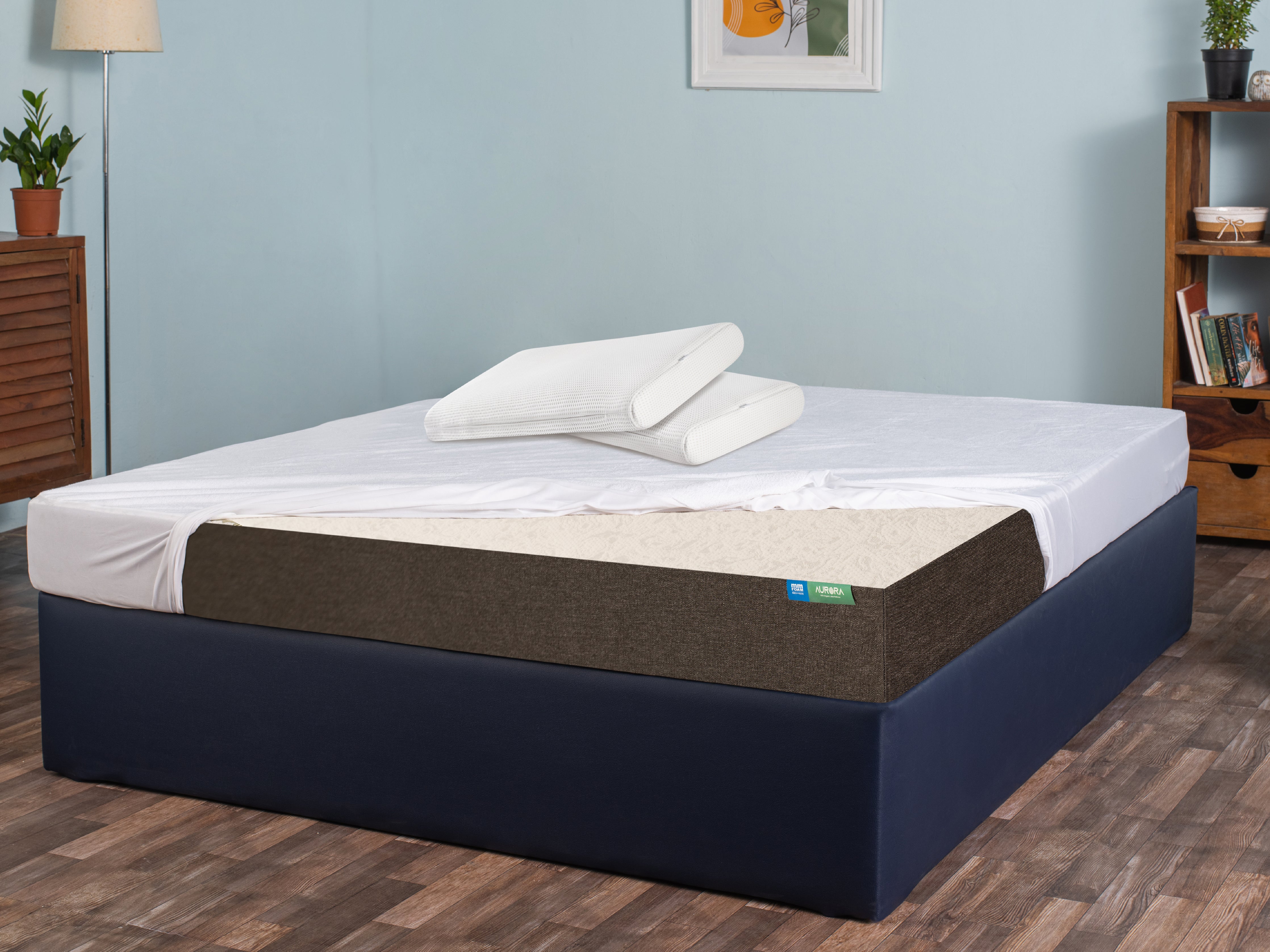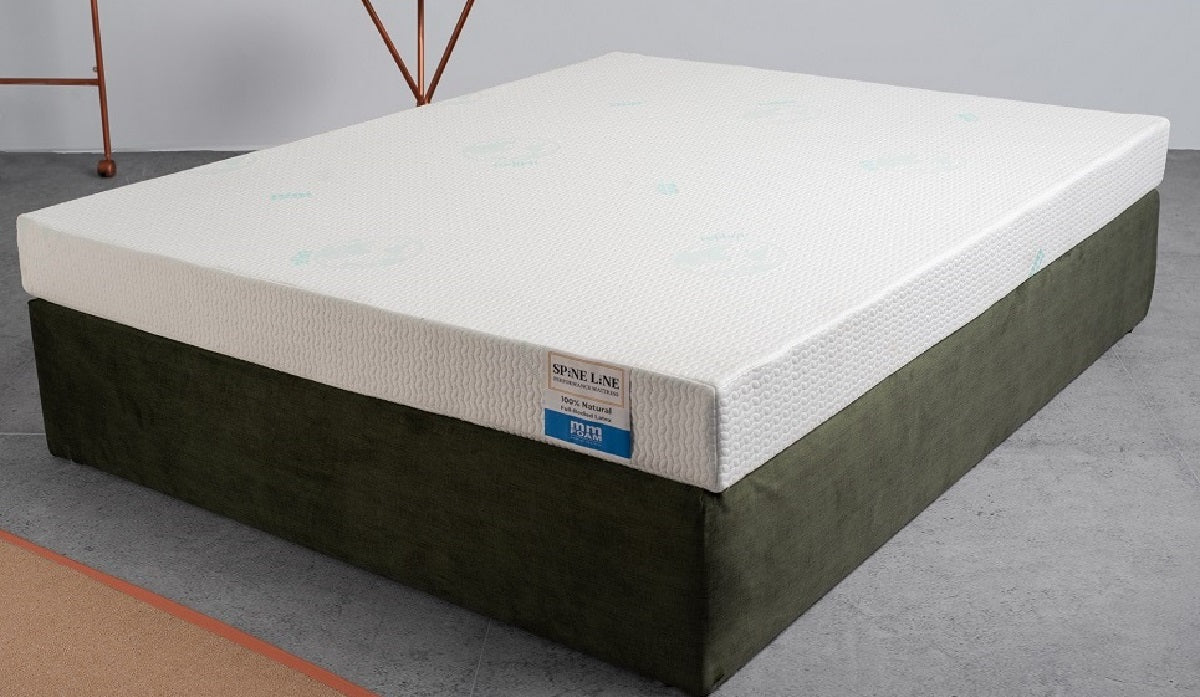Your cart is empty
Looks like you haven't added anything to your cart yet

5 Tips to help toddlers sleep better
Sleep is a vital aspect of our overall well-being. It is more crucial for kids, as it is directly linked to their overall growth. Experts recommend toddlers need 11-12 hours of sleep to support healthy development. However, it might not be practical for many toddlers.
Sleeping troubles in toddlers are common and affect many toddlers during the developmental phase. Though minor changes in sleep habits are common with growing age, but when sleeping issues become persistent, then it is a matter of concern for parents.
If you are a parent of a toddler and going through the same phase, then we are here to help you with this post.
What are some causes of sleeping troubles in toddlers and how can you help your toddlers sleep better? Read the post to know more.
What causes poor sleep or sleeping troubles in toddlers?
Your toddler is achieving a new milestone
From teething to learning to walk, toddlers go through various physical changes during their growing years. Some of these milestones, such as teething, cause physical discomfort and pain and may disturb your toddler’s normal sleeping cycle too. If your toddler is attempting to learn a new skill or start a new routine like joining a daycare or cycling, they may become overwhelmed and this could affect their sleep.
The toddler is not feeling well (cold, cough, etc.)
Many day-to-day ailments like the common cold and cough cause various symptoms like a blocked nose or labored breathing and result in troubled sleeping. If your toddler is suffering from a disturbed sleep routine only recently, keep a check on their physical symptoms and rule out the possibility of sleeping troubles because of a cold, cough or other physical health issues.
Your toddler is overtired or not tired enough
Yes, this is one of the common reasons behind sleeping problems in toddlers. Just like adults, toddlers also need a certain amount of age-appropriate physical activities to exhaust the body’s energy and sleep well. If your child has a sedentary routine, he/she might suffer from sleeping troubles at night.
On the other extreme, over exhaustion or overstimulation before sleep time also causes sleeping troubles in toddlers. Sugary drinks and extended screen times are some of the common factors that act as a stimulant and cause disturbed sleep routines for your little one.
Sleep disorders (constant snoring, sleep apnea, etc.)
Though this is a rare cause of poor sleep, there are chances your toddler is suffering from a sleep disorder like sleep apnea. To rule out this possibility, pay close attention to their symptoms.
Toddlers' exhaustion causes them to snore occasionally. However, when your toddler suffers from constant snoring and has other associated symptoms like excessive daytime sleepiness, mood swings and pausing of breath during sleep, then it indicates the possibility of sleep apnea. If you have observed these symptoms in your toddler, then take immediate action and consult a professional for proper diagnosis and treatment of the existing medical condition.
Nightmares, fear of darkness and separation anxiety
Nightmares are common in toddlers. At this age, they explore new things every day and may have a vivid imagination for new experiences. This might lead to nightmares and may cause sleeping troubles in toddlers.
Some toddlers develop a fear of darkness and feel scared as soon as the lights are turned off. Separation anxiety is another common issue that bothers lots of toddlers and causes disturbed sleep in them.
How can I fix my toddler’s sleep problems?
Here are some tips that will help your toddler sleep better.
1. Follow a relaxing night-time routine with consistency
If your toddler is having a hard time sleeping well, then creating a relaxing night-time routine for them can help a lot. You can start with giving a warm bath to your toddler, then can engage in different relaxing activities like reading a book or telling a story to calm the toddler down. To get excellent results, it is important to be consistent with your efforts. With regular practice, your toddler will understand that it is time to unwind and go to sleep.
2. Avoid late or extended nap time
Late and extended nap times are one of the common reasons many toddlers have sleeping troubles. With growing age, their daytime sleep requirements get reduced, and they might need less or no afternoon naps for sleeping well during the night-time. Thus, avoid late afternoon or extended naptime. This minor change can bring excellent results and your toddler will get a good night’s sleep without extra effort.
3. Include age-appropriate physical activity in their routine
Toddlers have a lot of energy which needs to be exhausted during the daytime. Thus, it is important to include age-appropriate physical activities in your toddler’s daytime routine. If possible, you can visit a nearby park or can set up a dedicated playtime for them. These things help them sleep well and improve their appetite and overall health as well.
4. Avoid bedtime distractions (extended screen time, late-night snacking, etc.)
Modern lifestyle allows various practices which act as an obstacle to getting a good night’s sleep. Late-night snacking and the use of electronic gadgets in the bedroom are some of the common habits that disturb a toddler's sleep routine. It makes them dependent on external factors to get to bed. Thus, it is important to avoid these bedtime distractions in your bedroom. Creating a relaxing and quiet environment in your bedroom helps in increasing melatonin levels and helps you and your child sleep well.
5. Get professional help when needed
Most times, the above lifestyle changes are enough to bring good results and help your toddler sleep better. If after implementing these changes, you do not observe any change or your toddlers’ sleeping problems get worse over time, then consult your doctor without delay. Sleep disorders like sleep apnea require prompt medical treatment to avoid further complications.
- Choosing a selection results in a full page refresh.
















